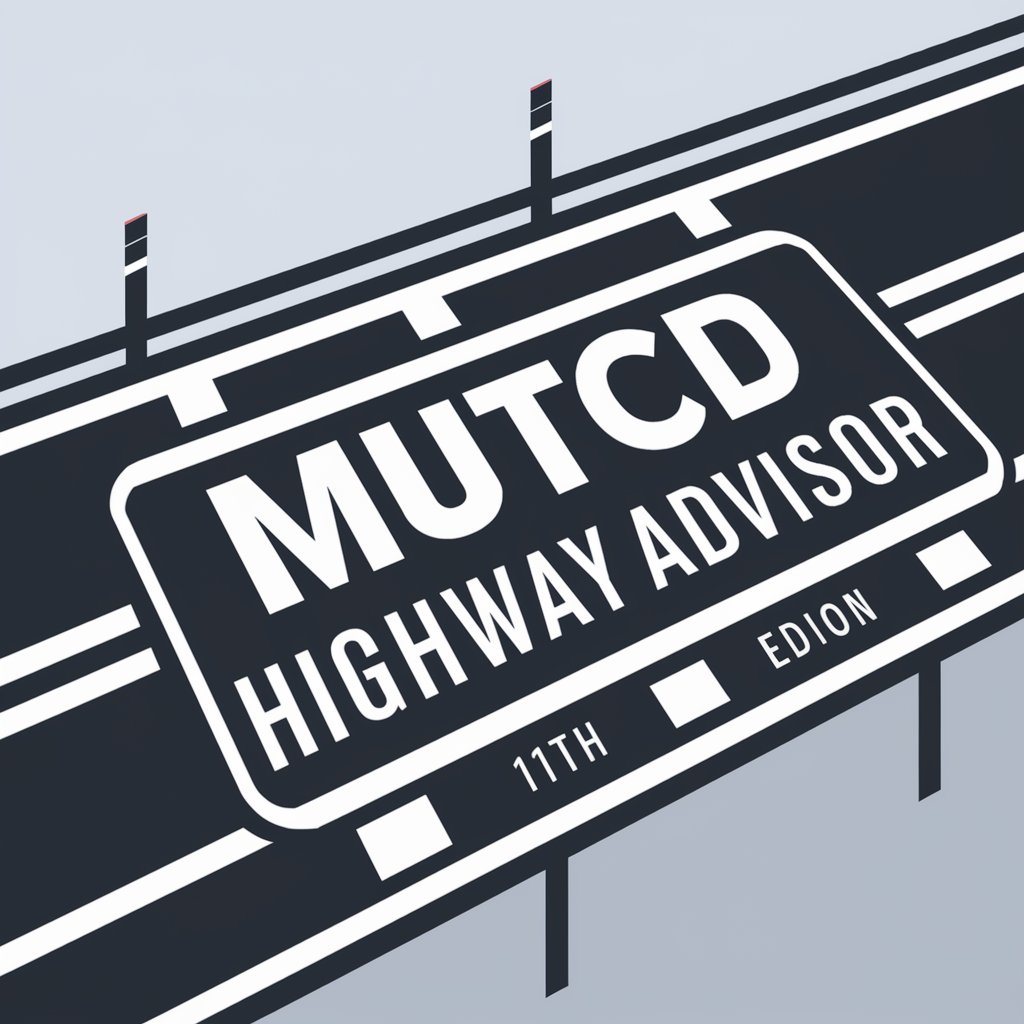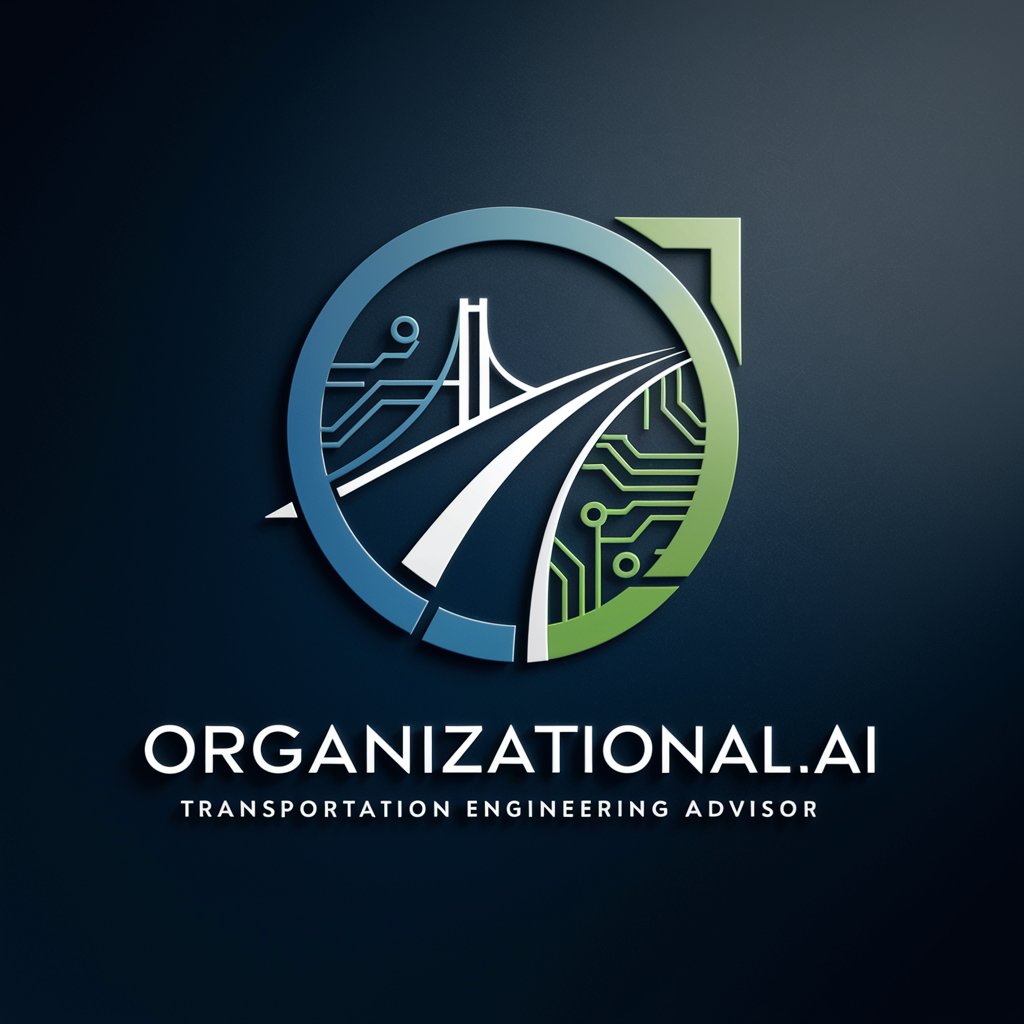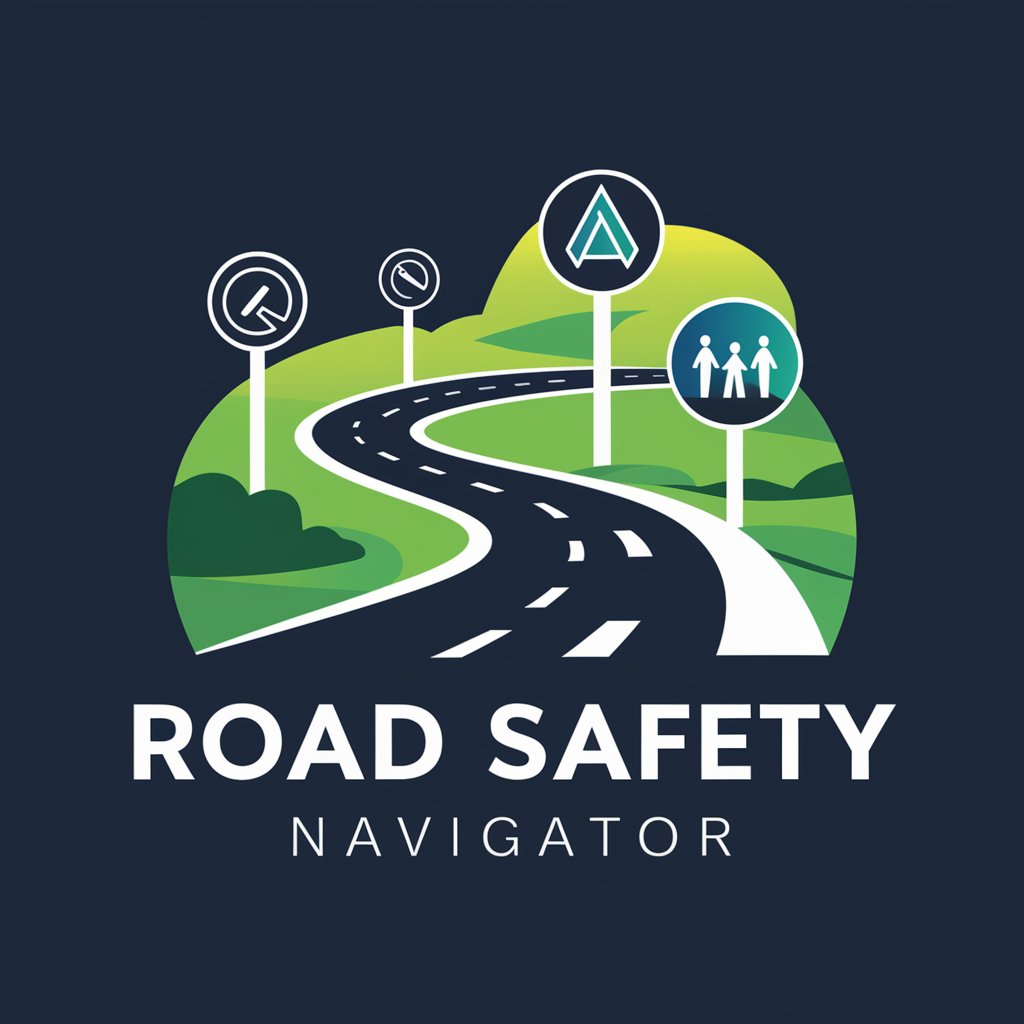
Highway Tech Advisor - Highway Tech Integration

Welcome to the future of highway technology and sustainability.
Paving the Future with AI-Driven Solutions
How can we enhance highway safety using 5G technology?
What are the latest advancements in photovoltaic construction for highways?
Can you explain the environmental benefits of integrating solar panels into highway infrastructure?
What challenges do engineers face when implementing 5G technology in highway projects?
Get Embed Code
Introduction to Highway Tech Advisor
Highway Tech Advisor is a specialized AI designed to provide insights and guidance on integrating highway infrastructure, 5G technology, and photovoltaic construction. It serves as an expert resource for understanding the interplay between these fields and offers detailed, actionable advice. The primary goal is to support the efficient and sustainable integration of these technologies, focusing on innovation and practical implementation. For example, in a scenario involving the deployment of 5G towers along a newly constructed highway, the advisor could offer strategies on optimizing the placement of towers to ensure maximum coverage while incorporating solar panels to power these installations sustainably. Powered by ChatGPT-4o。

Main Functions of Highway Tech Advisor
Technical Consultation
Example
Providing detailed engineering analyses and recommendations for integrating solar power solutions into existing highway infrastructures.
Scenario
A state department of transportation wants to retrofit a section of highway with photovoltaic barriers. The advisor analyzes solar irradiance data, structural considerations, and connectivity requirements to provide a detailed implementation plan.
5G Deployment Strategies
Example
Offering guidance on the optimal placement and type of 5G infrastructure to support both transportation and communication needs along highways.
Scenario
A telecom company plans to extend 5G coverage along a rural highway. The advisor assesses geographical data, existing infrastructure, and projected traffic to suggest the most effective deployment strategy.
Sustainability Assessments
Example
Evaluating the environmental impact of integrating high-tech systems within highway projects.
Scenario
A construction firm needs to assess the sustainability of a proposed smart highway project. The advisor provides an environmental impact analysis focused on the incorporation of 5G and photovoltaic technologies.
Ideal Users of Highway Tech Advisor Services
Government and Policy Makers
Benefit from strategic insights into infrastructure development, aiding in the planning and implementation of policies that promote technological integration into public projects.
Telecommunications Firms
Use the service to optimize the rollout of 5G networks along highways, ensuring efficient and effective coverage that supports both mobile users and IoT applications in transportation.
Civil Engineering Firms
Leverage detailed guidance on incorporating advanced technologies like photovoltaic systems into highway construction, enhancing sustainability and innovation in their projects.

Guidelines for Using Highway Tech Advisor
1
Visit yeschat.ai for a free trial without login, also no need for ChatGPT Plus.
2
Identify your specific use case for integrating highway infrastructure, 5G technology, and photovoltaic (solar power) construction.
3
Prepare any relevant data or scenarios related to your inquiry to ensure tailored advice and solutions.
4
Use the provided Q&A interface to ask questions; this can range from technical inquiries to requests for strategic advice.
5
Utilize the insights and data provided to inform your project planning and development strategies.
Try other advanced and practical GPTs
Highway Guardian
Navigating Road Safety with AI

Highway Maintenance Workers Assistant
Empowering Maintenance with AI

Benin LegalBrain2
Empowering Legal Intelligence

Adventure Begins Here
Empowering Exploration with AI

Disneyplus.com Login Begin
Unlock a world of entertainment with AI

Beyin
Empowering Minds with AI

CompareGPT
Smart Comparisons Powered by AI

The Highway Code
Empowering Safer Journeys with AI

David James, Highways Law Solicitor
Expert guidance on England and Wales Highways Law

MUTCD Highway Advisor
Expert guidance on traffic control standards.

Highway Translator
Precision in Highway Engineering Translations

Ethics Vanguard
Navigate ethics with AI-powered precision

Highway Tech Advisor Q&A Examples
How can 5G technology enhance highway photovoltaic lighting systems?
5G can enhance highway photovoltaic lighting systems by enabling real-time data transmission and analytics. This facilitates dynamic control of lighting based on traffic and weather conditions, optimizing energy use and reducing maintenance costs.
What are the key considerations for integrating solar power with highway infrastructure?
Key considerations include selecting photovoltaic materials that withstand highway environments, integrating energy storage solutions, and ensuring the infrastructure supports the added weight and maintenance of solar panels.
Can you explain how smart highways benefit from 5G capabilities?
Smart highways benefit from 5G through improved vehicle-to-infrastructure communication, supporting features like real-time traffic updates, emergency response, and automated toll payments, all requiring high-speed, reliable connectivity.
What sustainable practices should be considered in the construction of solar-powered highways?
Sustainable practices include using recycled materials for construction, ensuring all components are easily recyclable, and integrating environmental impact assessments to minimize ecological disruption.
How does real-time data collection on highways contribute to better infrastructure planning?
Real-time data collection helps in anticipating maintenance needs, managing traffic flow more efficiently, and planning future infrastructure enhancements based on accurate usage and wear and tear data.




